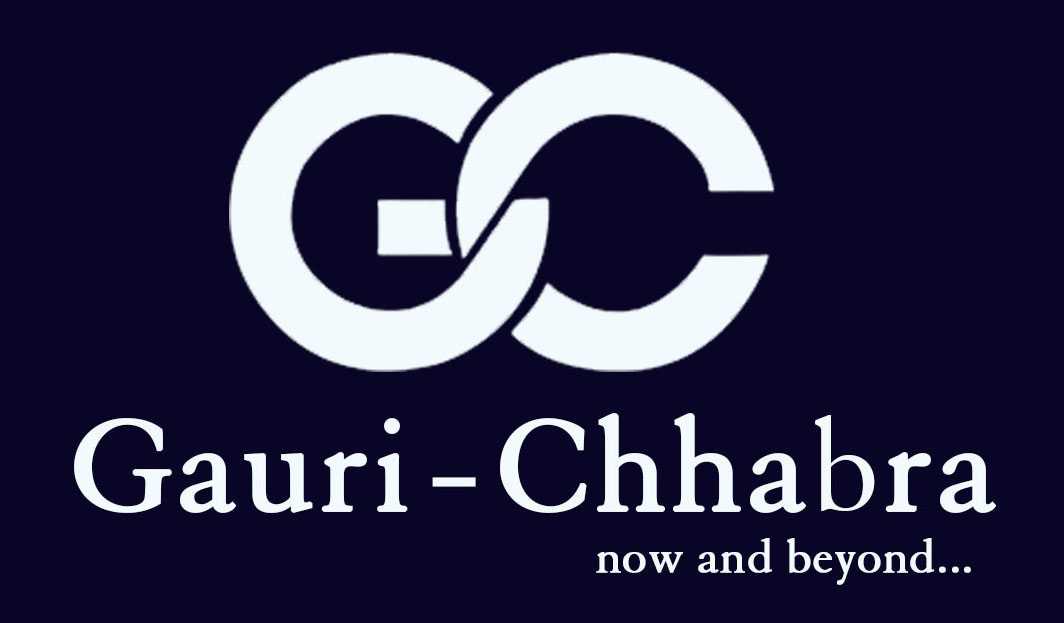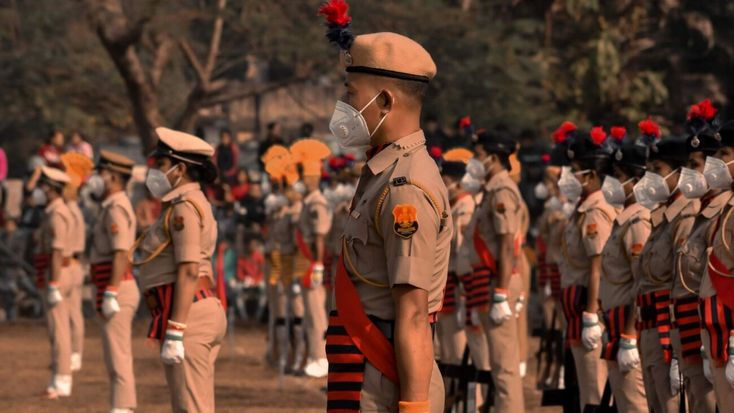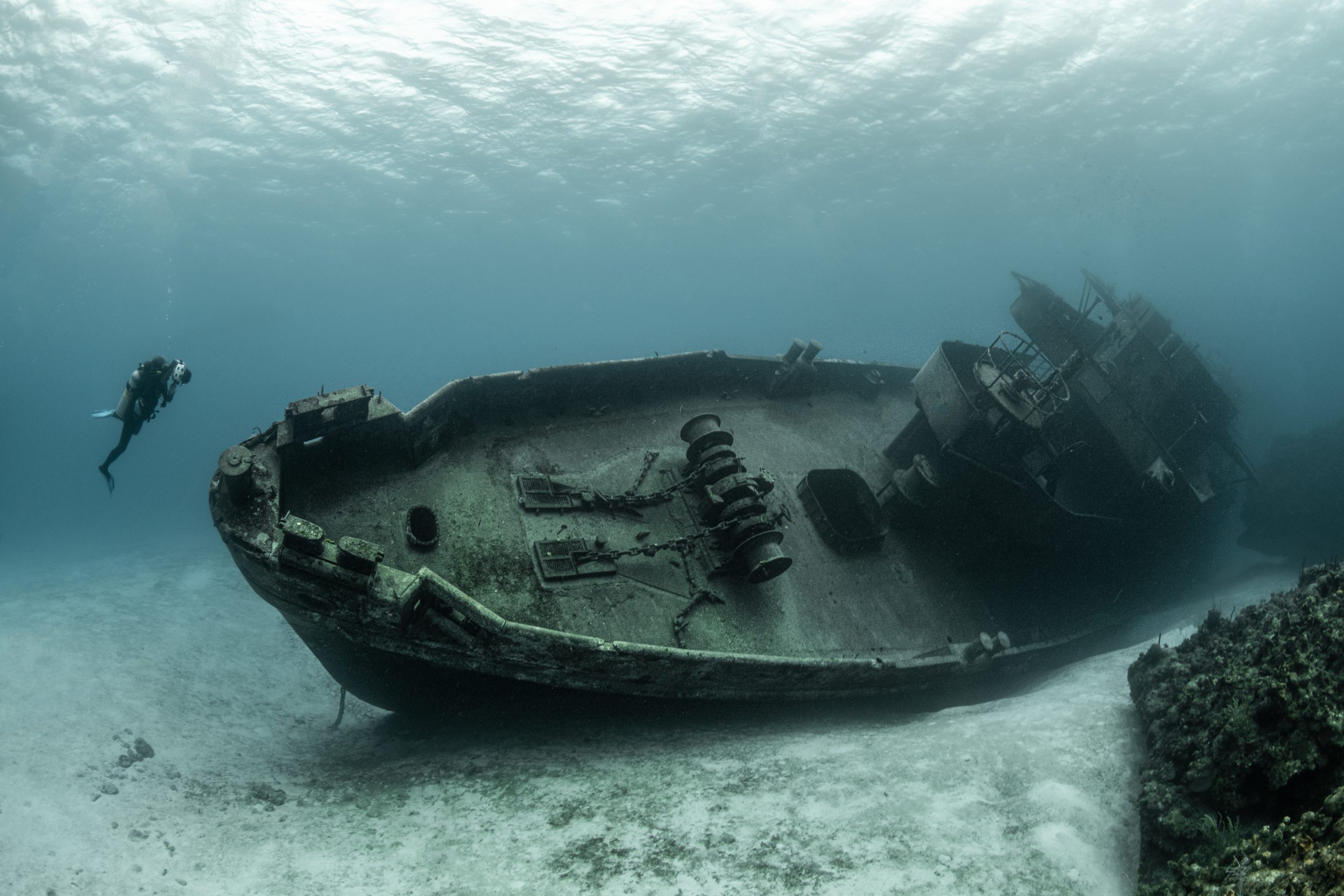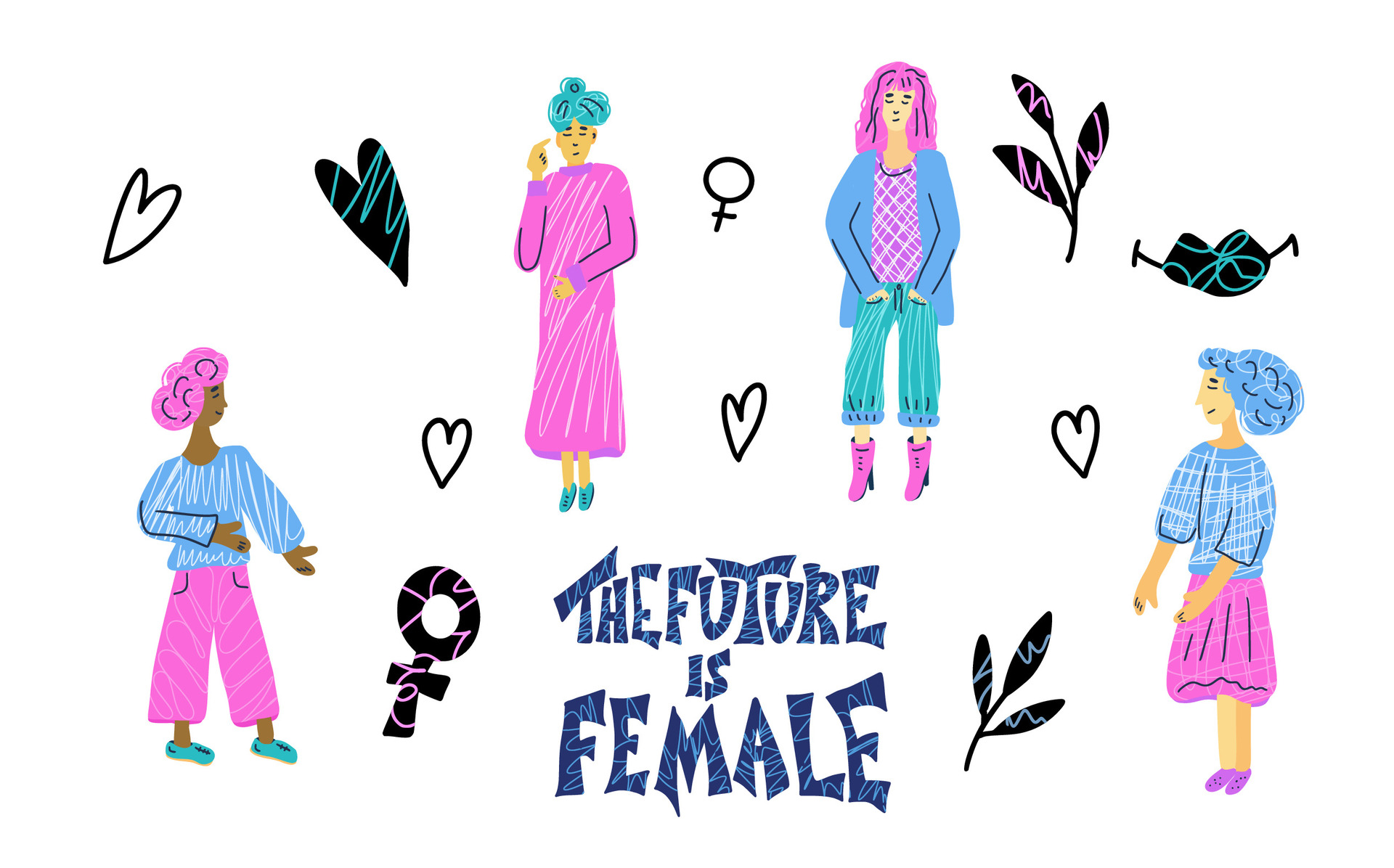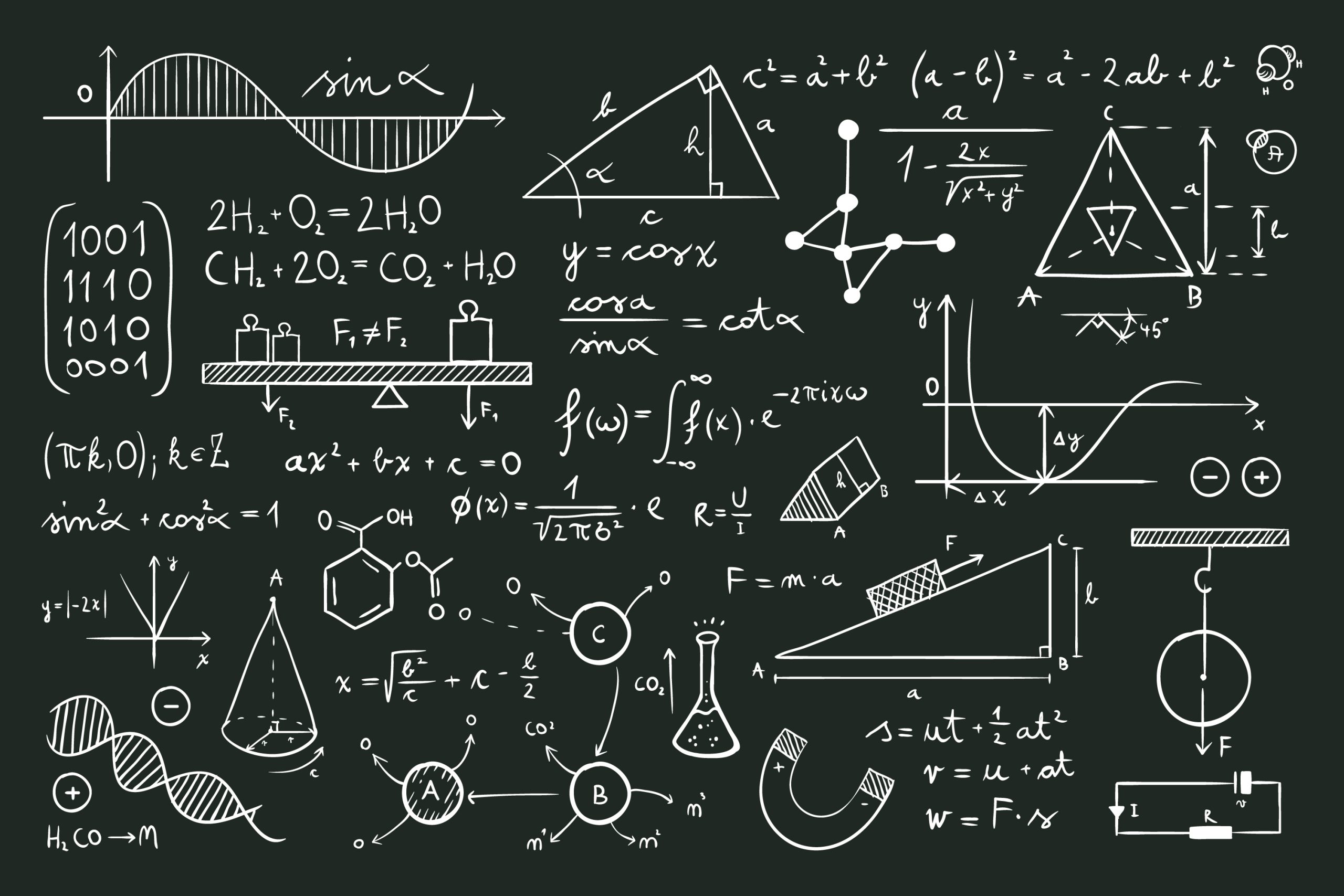Securing the workforce
Ever thought of getting into the Government sector and taking care of the social security of the workforce? If yes, you should get into the prestigious Employees’ Provident Fund Organisation (abbreviated to EPFO). And you are not far from it. Recently, the Union Public Service Commission (UPSC) has released Recruitment Notification for the post of Enforcement Officers / Accounts Officers. The number of vacancies is 421. Online Application has begun from 10th January 2020.
Employees’ Provident Fund Organisation (abbreviated to EPFO) is an organization tasked to assist the Central Board of Trustees, a statutory body formed by the Employees’ Provident Fund and Miscellaneous Provisions Act, 1952 and is under the administrative control of the Ministry of Labour and Employment. EPFO assists the Central Board in administering a compulsory contributory Provident Fund Scheme, a Pension Scheme and an Insurance Scheme for the workforce engaged in the organized sector in India. It is also the nodal agency for implementing Bilateral Social Security Agreements with other countries on a reciprocal basis. The schemes cover Indian workers as well as International workers for countries with which bilateral agreements have been signed. It is the largest social security organisation in the world in terms of the number of covered beneficiaries and largest in India in terms of the volume of financial transactions undertaken. The EPFO’s apex decision making body is the Central Board of Directors.
| Recruitment Notification | UPSC ENFORCEMENT OFFICER |
|---|---|
| Post Name | Enforcement Officer |
| Official Notification Start Date | 10th January 2020 |
| Online Application Last Date | 31st January 2020 |
| Exam Date | 4th October 2020 |
| Admit Card | 15 days before the exam date |
| Category | Defence Jobs |
UPSC EPFO Officer Recruitment 2020: Eligibility Criteria
- The Age Limit For UPSC EPFO Officer Recruitment 2020 is 30 Years. However,age relaxation for SC/ST candidates is up to 5 years, and relaxation of up to 3 years for OBC candidates. Age limit is also relaxable for Employees of the Employees’ Provident Fund Organisation up to 5 years.
- Education Qualification: Candidates having Bachelor Degree in Any Stream in Any Recognized University in India will be eligible for this post.
- Desirable: (a) Bachelor’s degree in Law/ Integrated Five years Degree in Law/ Masters in Business Administration/ Post Graduate Diploma in Management/ Company Secretary/ Chartered Accountants/Cost and Management Accountant (b) Two years of experience in Administration/Accounts/Legal Matters in any government or Listed – Private Organisation
UPSC EPFO Selection Process
Phase 1- Written Test
Phase 2- Interview
The selection process under UPSC EPFO for Enforcement Officer requires qualification by a pen & paper based Recruitment Test (RT). Recruitment Test (RT) and Interview carry weightage in the ratio of 75:25 for the candidates shortlisted based on Recruitment Test (RT) and qualify in the interview. The test will be of two hours duration, all the questions carry equal marks. There will be objective type questions with multiple choices of answer. The medium of the test will be both Hindi and English. There is a negative marking of one-third of the marks assigned to each question. If no answer is marked for a question, there will be no penalty for that question.UPSC Enforcement Officer Exam Syllabus
The Syllabus topics for UPSC Enforcement Officer exam include General English, Indian Freedom Struggle, current Events and Developmental Issues, Indian Polity & Economy, General Accounting Principles, Industrial Relations & Labour Laws, General Science & knowledge of Computer applications, General Mental Ability & Quantitative Aptitude, Social Security in IndiaHow to Apply for UPSC Enforcement Officer 2020?
- Click the link for Online Application Form.
- As the new tab opens, Click the option, “Apply Now”.
- On the next page, Check for the declaration at the bottom of the page, “Yes, I Agree”.
- Fill the Personal Details.
- Finally, Agree for declaration and Submit the Part I of UPSC EPFO Officer Online Application Form.
- Go to Part II of the form and make Payment details (except for fee exempted candidates), selection of examination cente, uploading of Photograph, Signature, Photo Identity Card Document and Declaration.
- Verify all the credentials and then click Submit. Examination Fee: Rs 25 for General / OBC. All others are exempted from the fee.
Exam Centre
The Centres and the date of holding the Recruitment Test as mentioned above are liable to be changed at the discretion of the Commission. Applicants should note that there will be a ceiling on the number of candidates allotted to each of the Centres, except Chennai, Dispur, Kolkata and Jaipur. Allotment of Centres will be on the “first apply-first allot” basis, and once the capacity of a particular Centre is attained, the same will be frozen. Applicants, who cannot get a Centre of their choice due to ceiling, will be required to choose a Centre from the remaining ones. Applicants are, thus, advised that they may apply early so that they could get a Centre of their choice.
Document Verification
In the examination hall, the call letter along with the candidate’s currently valid photo identity, in original, such as PAN Card/Passport/Driving Licence/Voter’s Card with photograph/Photo identity proof issued on original letterhead by a Gazetted Officer/People’s Representative or Identity Card issued by a recognised college/ University (valid in current year)/Aadhar card with a photograph/ Employee ID, should be submitted to the invigilator for verification.
EPFO Enforcement Officer Salary
The EPFO Enforcement Officer Salary 2020 is governed by the latest norms of the 7th Pay Commission. The Salary of EPFO Enforcement Officer / Accounts Officer is Level – 8 pay matrix of 7th pay commission. This means, an accounts officer draws a salary in the range of Rs 43,600 to 55,200.The Commission may grant higher initial pay to candidates adjudged meritorious in the interview.
Job Profile
As an enforcement officer, you would be required to look after the general administrative work of enforcement, recovery, accounts, administration cash, legal pension and computer sections. You would also conduct regular inquiries of accounts and settlement of claims besides maintaining cash books, bank statement verification, MIS returns etc.
Other Duties include Enforcement, Recovery, accounts, legal, pension related functions, statutory and administrative functions like conducting inquiry, settlement of claims, general administration.
Sample Paper ( General Ability Test):
Part A
1.Which one of the following is the synonym of the word written in capital letters in the sentence “ The FUNDAMENTAL character of an individual defines his entire life”
- Productive
- Essential
- Successful
- Effective
2.Which one of the following is the synonym of the word written in capital letters in the sentence “ She has the habit of using HACKNEYED and redundant examples from her past even while dealing with future generations.
a)Indifferent
b)Imaginative
c)Cliched
d)Impressive
3.Which one of the following is the synonym of the word written in capital letters in the sentence “ She was RELUCTANT to sell her car”.
- Anxious
- Happy
- Eager
- Unwilling
4.Which one of the following is the synonym of the word written in capital letters in the sentence “ I cannot comply with the QUEER regulations of your land”
- Strange
- Nimble
- Everyday
- Customary
Which one of the following is the synonym of the word written in capital letters in the sentence “ She is an IMMACULATE soul whose presence makes all the difference”. - Spotless
- Excited
- Extraordinary
- Unparalleled

